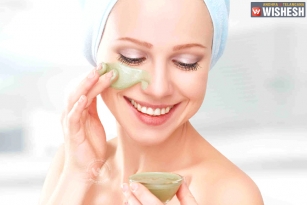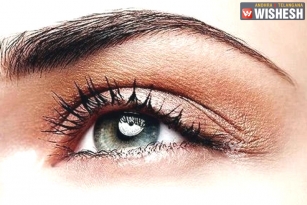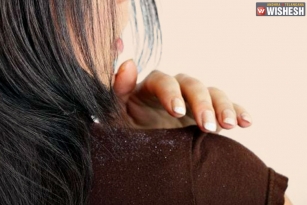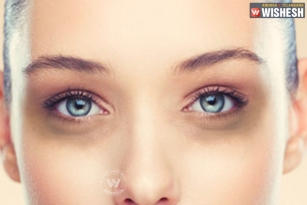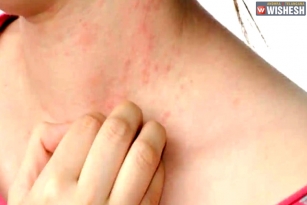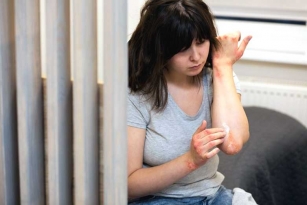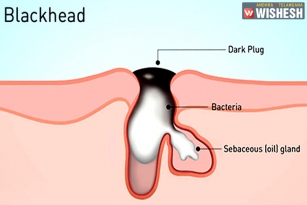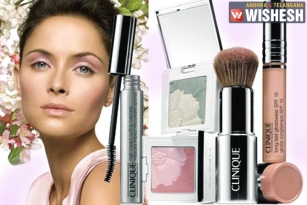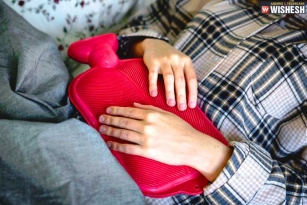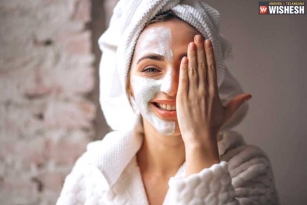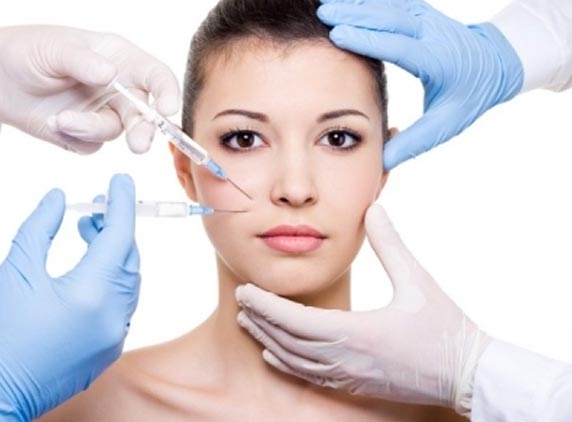
While wrinkles may add 'character' to a man's face, the same represent a sad slippery slope toward senility in women.
To erase these lines of misery, women go overboard in clinging to every new anti-aging cream in the market that promises 'instant miracles.' But are these genies really functional? Well, we will help you sort that out... *
Fine lines...help!!
First thing's first: You are not alone in the quest to erase your ageing skin's woes; nearly all men and women, over 30, share this dilemma.
"From the moment we are born, our skin begins to respond to two sets of biological processes. The internal causes can be genetics and hormonal and the extrinsic are sun damage (that's a colossal 80% cause, mind you) and mental stress, crazy diets, pollution, drinking, smoking, chemotherapy and radiation," informs Dr. Kalpana Sarangi, Consulting Cosmetic Dermatologist & Olay ACRC India Representative.
What's in it?
The expensive little bottle in your hand does have things that help your skin; things like scientifically proven antioxidants (mainly A, C and E).
Vitamin A 'puffs up' the skin to make wrinkles look less deep with its light inflammatory action.
Vitamin C has a brightening effect as it can help to boost circulation and collagen production.
Alpha-hydroxy acids (AHAs or 'fruit acids') improve the skin's appearance by speeding up the shedding of old, dead cells from the skin surface.
Retinoids are chemicals that make the skin produce new cells more quickly, making it thicker and more compact.
"No matter what your anti ageing cream contains, it won't work without sunscreen. So for a day cream go for one with a desired SPF (sun protection factor). These creams work to some degree, the skin reverts to its previous condition if you discontinue," warns Dr Ramweshwar Gutte, Dermatologist, Dr LH Hiranandani Hospital, Powai.
More than anything, most of them merely moisturize your skin; which even a routine inexpensive moisturizer will do.
What's your age?
As soon as you head to the cosmetic section you have pancaked young girls waiting to grab your attention, trying to sell you every product on the counter. Just when she is trying to guess your age and offers you products for 30+, 40+ and others positioned in various age brackets: STOP. Blindly trusting some young saleswoman's recommendations is not the right way to buy a good skin cream.
If you're a wanderer, a morning person, a sales executive or a Lola who keeps running in all day, you may have fine lines at the age of 30, or perhaps even acne at 50. So buy creams according to your age and need.
Special ingredient!
Trust us when we say that the 'special ingredient' most anti-ageing products boast of is just an urban legend. These products just delay the aging process and do not diminish it all together.
The best way forward is to stop day dreaming and narrow down to your problem-is it pigmentation, early wrinkles or is it radiance? Buy a cream with specific solutions, and remember-everything takes time.
"There is no miracle ingredient," says Dr Sachin Dhawan, Director and consultant Dermatologist, Skin 'n Smiles, Dermatology and Orthodontic Centre. "It's like a placebo effect, a lady or a man starts seeing changes in their skin right from the first day of usage of an anti ageing cream. One becomes confident and mentally strong about one's look, thinking that the product is working. However, it takes 2-3 months for dead skin to shed and for the effects to show."
Sample it!
Always opt for a patch test before using a product. Dab a small amount of the preparation on the pulse of your wrist or the crook of your elbow; leave it unwashed for a period of 24- 48 hours. Now watch for signs of any allergic reactions. Typical signs will include redness, a rash, any form of breakouts on the skin, itchiness, pain, flaking etc. Continue usage only if you do not have a reaction.
Different skin types require different anti-ageing creams. "For oily skin, we advise gel based or creams with matte effect, cream base for dry skin and for a combination skin, lotion based creams are referred," advises Dr Sachin Dhawan.
"Go for creams, which have 'noncomedogenic and hypollergic' mentioned on them," points out Dr Gutte.
Expensive = Quality = Results??
According to Dr Kalpana, pricing should match the reputation of the brand. Most reputed companies put in a lot of research and clinical trials into their products to check skin allergies and systemic side effects. Hence, the cost and eventually the pricing of such products goes up.
But Dr Gutte adds that one cannot serve every skin type, "A clay pot with honey is better than a golden pot with poison. Sample and only then select."
Is the miracle harmful?
Retinoids irritate the skin, so there may be dry and flaky skin, and sometimes itching, soreness, redness and a tight feeling. Experts think Retinoids work simply because they irritate the skin, aggravating normal skin repair that will smooth wrinkles.
AHAs cause irritation, which may make the skin swell slightly, padding out fine lines. AHAs also induce a peel, giving a smoother surface but making the skin susceptible to UV damage.
"If used in excess it can damage your skin. If you are using an anti-ageing cream for your skin so that your skin glows and forget to use sunscreen, then your skin will be affected with sunrays as the protective dead layer is gone," elaborates Dr Gutte.
Whoever you decide to believe, one thing is for sure: A balanced diet, staying out of the sun and avoiding smoky places is just as important as splurging on expensive lotions and potions.




